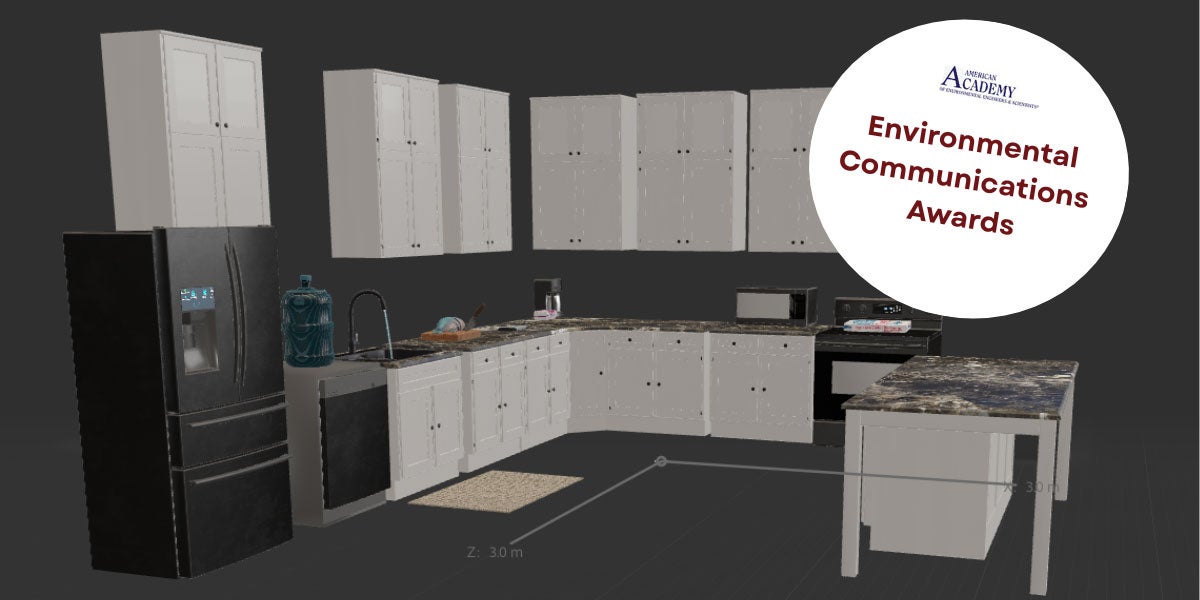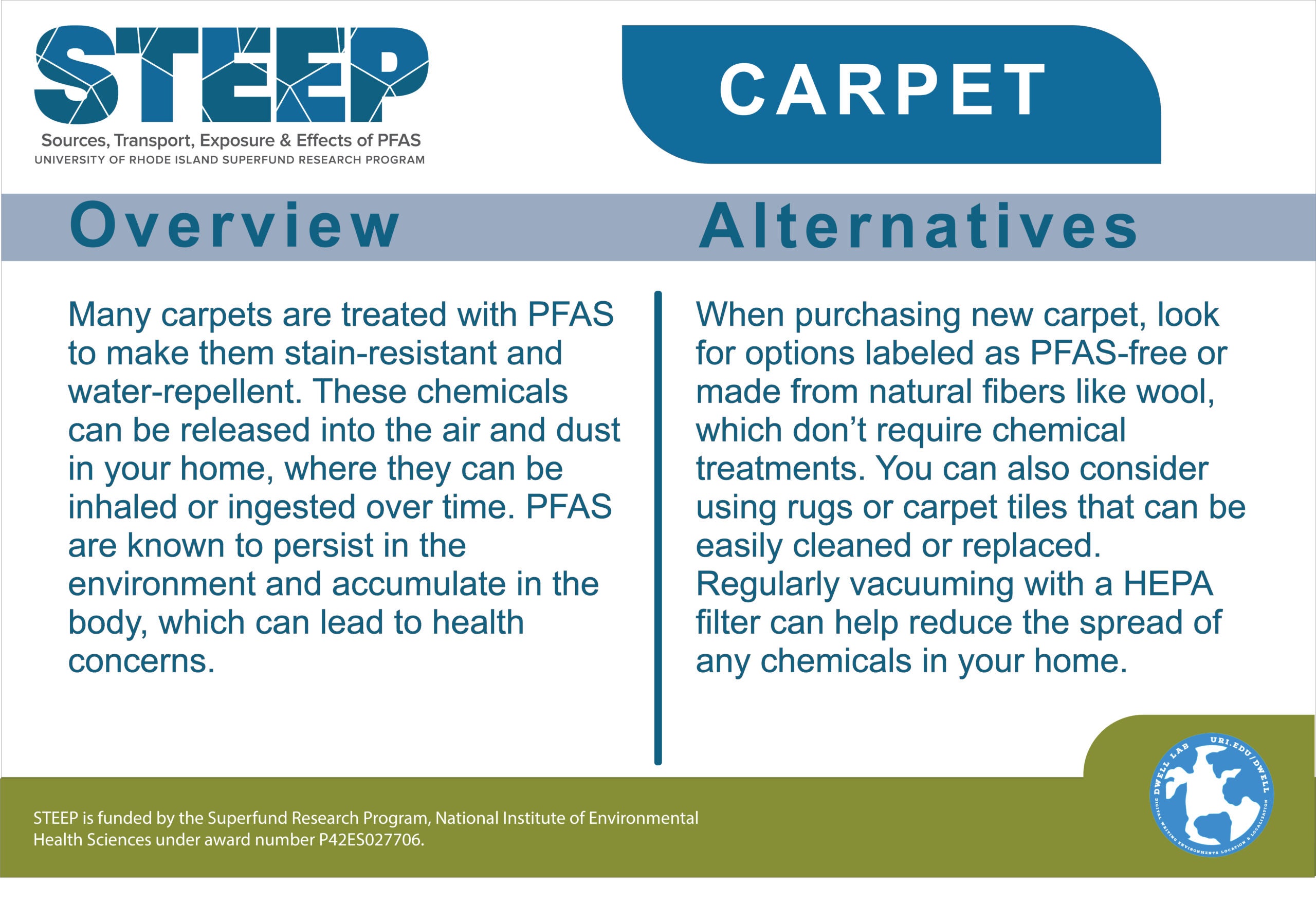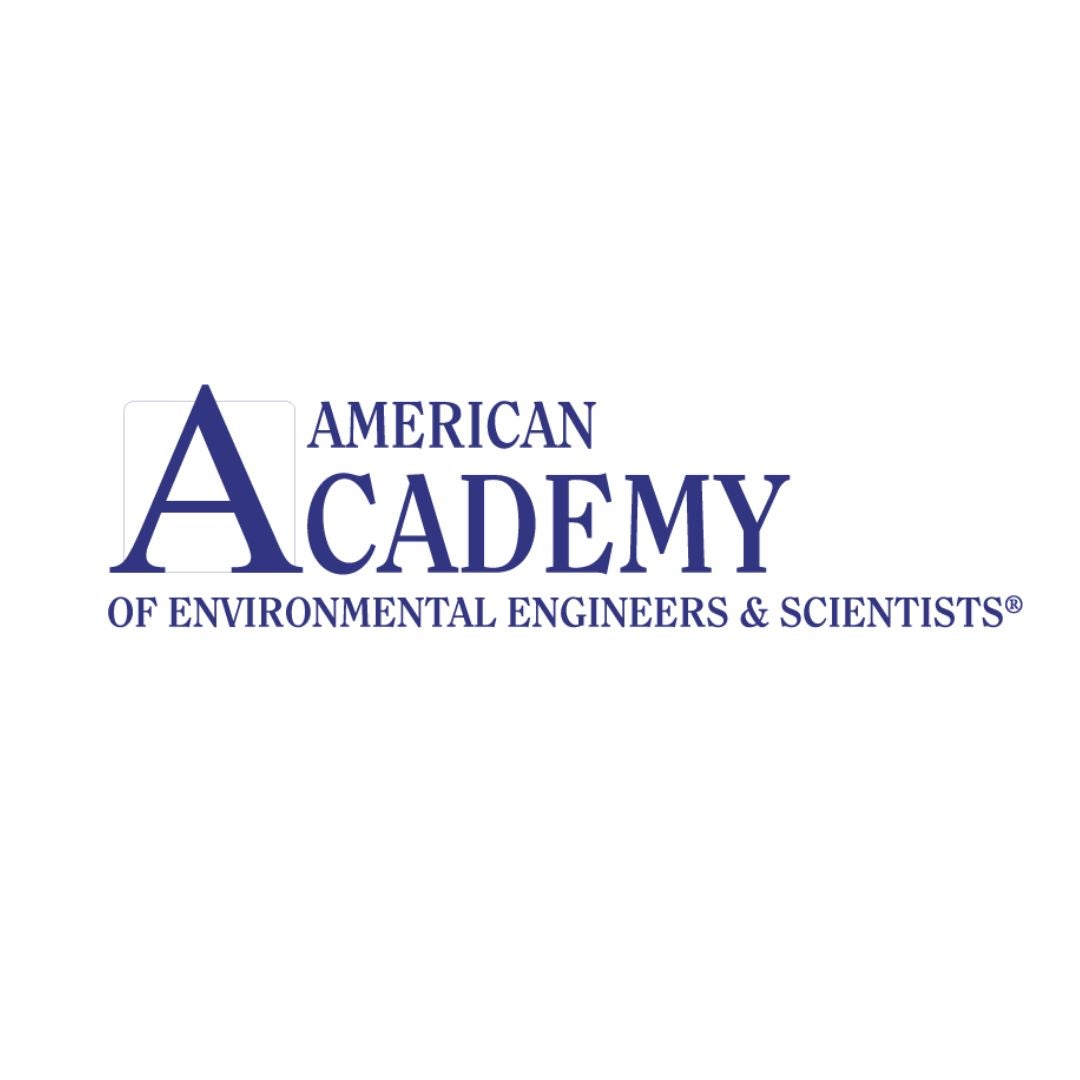KINGSTON, R.I. – April 10, 2025 – A University of Rhode Island augmented reality project to educate the public about per- and polyfluoroalkyl substances – PFAS Kitchen – has been awarded the grand prize by the Environmental Communication Award from the American Academy of Environmental Engineers and Scientists (AAEES). PFAS Kitchen is the work of URI’s DWELL Lab in collaboration with the STEEP team.
“This award is evidence of the many future possibilities that augmented reality holds for environmental communication, and we are so thrilled to have a DWELL project recognized by a major society for professional engineers and scientists,” said Madison Jones, professor of professional and public writing and natural resources science. “This is a lifetime honor.”
Communicating with the public about complex issues can be challenging, especially with a topic as complex as PFAS. They are in thousands of human-made chemicals used in various products, such as firefighting foam, stain repellents, food packaging, and non-stick cookware. They are known for their resistance to heat, grease, and water, their persistence in the environment, and potential health impacts, earning them the nickname “forever chemicals.”
These chemicals damage the environment and can cause health concerns like cancer, obesity, thyroid problems, immune system deficiencies, liver damage, and fertility issues. PFAS are found in the blood of an estimated 98% of Americans, raising significant health and environmental concerns. While the EPA is working on addressing PFAS contamination and the PFAS Act remains bipartisan, the public still needs a sound understanding of how accessible PFAS are in our daily lives.

Led by Jones, the Digital Writing Environments Location and Localization Lab collaborated with STEEP (Sources, Transportation, Exposure, and Effects of PFAS) to develop a communication tool to convey how pertinent PFAS are in our daily lives effectively. PFAS Kitchen is an interactive augmented reality experience in which viewers immerse themselves in a virtual kitchen filled with everyday household items. The user taps on an item (such as groceries or cooking utensils) and finds informative posters explaining how the product may contain PFAS. Beyond the precautionary measures, the team takes the project to the next level and suggests safer alternatives to reduce exposure.
Assistant director of the URI Coastal Institute and co-leader of STEEP Amber Neville helped the project identify items in an everyday kitchen that contain PFAS. Her work with the The National Institute of Environmental Health Sciences researches highly contaminated PFAs areas on Cape Cod and on the Faroe Islands off the coast of Denmark. On the Cape, her team works with high school students to find ways to effectively communicate these complex issues. The PFAS Kitchen is one such a tool.
PFAS Kitchen was taken “on the road” and graduate students presented the tool at the Graduate School of Oceanography open house, which welcomes hundreds of prospective students.
“The initial reason for doing this is because PFAS are invisible. How do you make someone visualize they’re all around them? Making this visual is really important to communicating where they are and how to avoid them,” said Neville.
Calder Puckett, professional and public writing student, was welcomed into the fold as a poster designer and copywriter. Puckett describes himself as a persistent writer, and he thrives in projects that spark his interest. After trying other disciplines like engineering, he connected with his roots in his current major.
“I really appreciate the department’s dedication to multimodal projects,” said Puckett.
It was a science writing course with Jones that began his involvement in the PFAS Kitchen project. For the final project in the class, Puckett incorporated his passions in graphic design and augmented reality and created an augmented reality poster for mushrooms in New England. The user scans a code, enters an outdoor space riddled with native mushrooms, and can hover over each species to learn more about them. This work caught Jones’ attention, and Puckett began to work on other projects, such as The North Woods Project, and the Roger WIlliams Stormwater Walking Tour.

AAEES is a nonprofit organization serving the environmental engineering and environmental science professions. The academy also provides training through workshops and seminars, participates in accrediting universities, publishes a periodical and other reference material, interacts with students and young professionals, sponsors a university lecture series, and rewards outstanding achievements through its international awards program.

